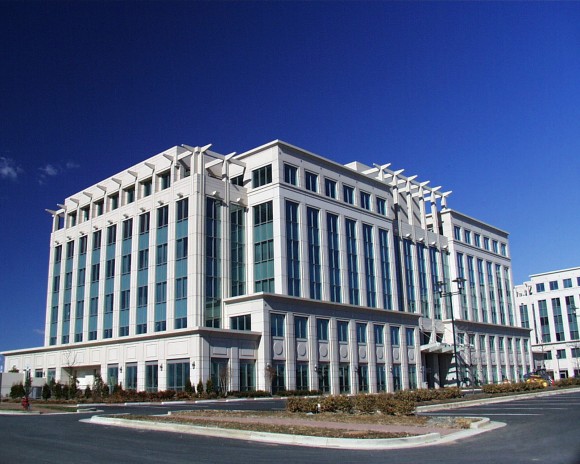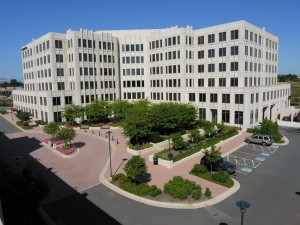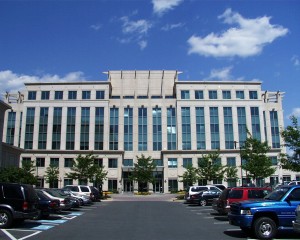
There Are Great CRE Deals, But No Free Lunches
As was discussed in the last edition of Edell’s Premises, the deals are great for office tenants looking to renew or relocate, but tenants need to make sure that your financial house is in order. Landlords have learned from previous experiences that attracting tenants with aggressive concession packages and affordable occupancy costs does not ensure that all tenants will be able to survive. During the past couple years, landlords have been bruised and battered with tenant bankruptcies and tenants bailing on long term leases before landlords can recoup the free rent and tenant improvement dollars that went into a deal. Landlords now perform much more thorough checks of current financial information and past financial performance.
If you are going to be in the market for a new office, warehouse or retail space, before you start checking out properties, you should have your accountant or accounting department prepare the following items: 1) current balance sheet; 2) a year to date income and expense statement; 3) income and expense statements for the previous 3 years; 4) tax returns for the previous 3 years and 5) a summary of your business, that provided it is not confidential, includes a list of your major clients. Having this information available and ready, 1) helps to provide credibility with the landlord and 2) allows the security deposit to be determined early in the transaction rather than having it as the last item to negotiated, resulting in a smoother lease negotiation process.
With leases now including multiple months of free rent and significant amounts of money being spent on tenant improvements, landlords are looking for more than a 1 month security deposit to secure a lease. I have been seeing cash security deposits equal to as much as 6 – 8 months of rent. Some landlords will accept a letter of credit in lieu of cash. This allows tenants to avoid the cash outlay, but a company will need to maintain a balance in the account(s) that secures the letter of credit equal to or greater than the value of the letter of credit. Landlords will also consider a personal guaranty of the lease in place of a security deposit, but not everyone is comfortable using their personal assets to secure their business, plus landlords will require your significant other to be part of the guaranty and that does not always fly with the significant other. So be prepared and understand that a landlord asking for a large security deposit or a personal guaranty is not necessarily a reflection on the financial strength of your business, but rather an indication of how tenant friendly the lease terms are that you just negotiated.



Engage us on Facebook
Follow us on Twitter
Tweets by @mymcmedia